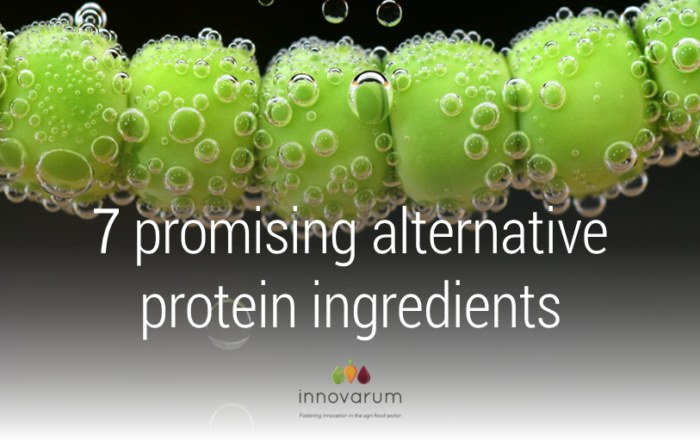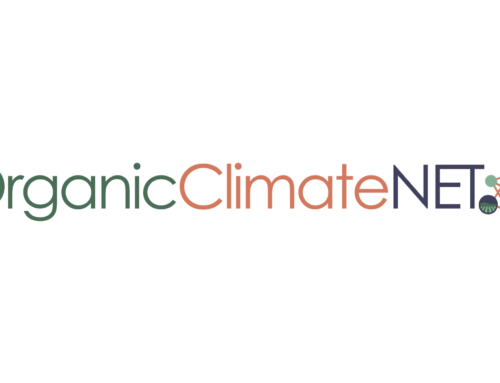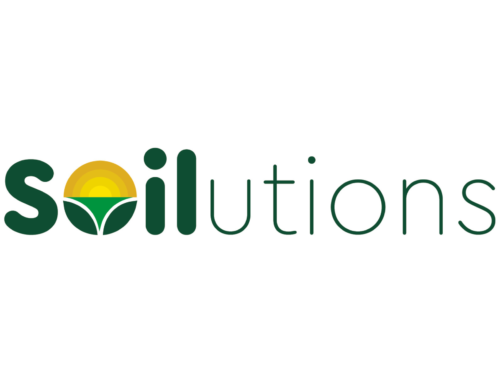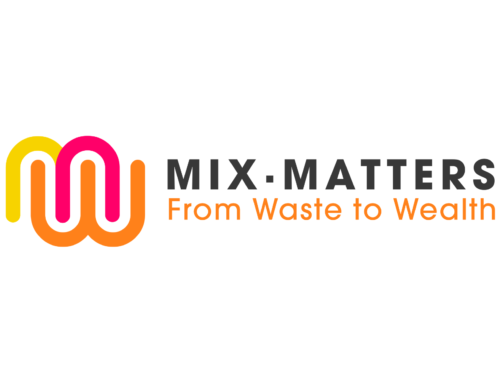From niche to mainstream – alternative proteins for everybody and everywhere
Project Description
The interest of Europeans in alternative proteins is becoming clear and this trend is the perfect ground for the dietary shift towards sustainable and healthy nutrition and food systems, in line with the ambitions of the EU Green Deal, Farm to Fork strategy and EU’s climate goals. Yet, this interest is not reflected in the European dietary patterns, as alternative proteins are mainly consumed by early adopters, while the majority is less receptive towards alternatives or have limited possibilities to integrate them in the diets.
This gap between interest and consumption is due to obstacles in the food environments such as product limited offering, sub-optimal product taste, isolated product placement in shops or menus etc. Without overcoming these obstacles, alternative proteins will remain a niche.
LIKE-A-PRO aims at mainstreaming alternative proteins, making them accessible, available, and acceptable to everybody (from children to elderly, vulnerable groups) and everywhere (across Europe, in urban, peri-urban, and rural areas).
To achieve this, key representatives along the entire alternative protein value chain (growers, producers, cooks, retailers, consumers, researchers) will work together in a trans-disciplinary consortium. To improve European food environments towards fostering alternative protein consumption, practical solutions will be co-designed with citizens. This social innovation will take place in 11 living labs and in 4 real life food environments.
For a diversified alternative protein offering, 16 new alternative protein products will be developed with 7 sustainable, healthy, and novel sources. To secure result deployment, the project will actively involve middle food system actors (+35,000 companies) – via co-creation
and capacity building. For a maximised impact, innovative communication campaigns will be launched in 6 countries, reaching 8 million citizens in 4 years.

This project has received funding from the European Union’s Horizon Europe research and innovation programme under Grant Agreement No. 101074323.
Project Details
- Call: HORIZON-CL6-2022-FARM2FORK-01
- Grant Agreement no.: 101074323
- Consortium: 31 beneficiaries (+ 11 affiliated entities) from 17 countries
- Coordinator: CTIC CITA
- Starting date: 01/11/2022
- Duration: 48 months
- Visit the project’s website

Project news
Project news
Innovarum attends the General Assembly of Like-A-Pro in Wuppertal, Germany
Our colleagues from Innovarum Adrián Escribano and Ana Díaz attended the General Assembly of LIKE-A-PRO, held at Codeks Factory in Wuppertal on April 9th and 10th, 2024. As pioneers in innovative solutions, we were [...]
7 promising alternative protein ingredients: LIKE A PRO
One of the latest projects in which Innovarum partners – LIKE-A-PRO – strives to answer the growing consumer and food environment demand for alternative proteins[1] making them more available, accessible, and acceptable to all [...]





